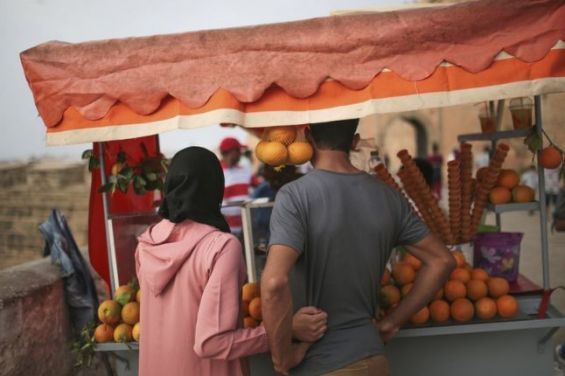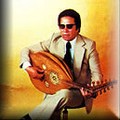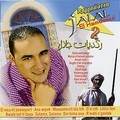In an attempt to fight against verbal abuse, the Jossour Forum for Moroccan Women launched an initiative that targets popular proverbs, dubbed sexist. In partnership with the University of Maryland, the association wants to expose some of the Moroccan sayings that discriminate against women and treat them in an inferior way.
«We have been in touch with forty women leaders to fight against violence and to show that abuse can take several forms, which in this case is purely verbal», vice president of the Jossour Forum Rhizlane Benacher told Yabiladi on Thursday.
According to Benacher, several women find these proverbs «offensive» and believe they promote «negative» ideas about them in our society. «We tend not to realize the impact these words have on us (…) they are simply weakening», Benacher argued.
Sexist proverbs and misconceptions
Indeed, Jossour’s empowering initiative addresses a series of proverbs that portray women as weak, not-very-smart, and evil creatures and support their «secondary role» in society. This idea was backed by Moroccan sociologist Abdeljabar Boucetta, who believes that «sexist proverbs draw legitimacy from society’s common misconceptions about religion».
Linking popular sayings to Islam, Boucetta revealed that «men» rely on «their own understanding of religious texts» to justify the «inferiority» of women in society. Breaking down these practices, the researcher stressed that men tend to «crash a women’s value in society, by doubting her physical, and mental abilities».
Unfortunately, false religious interpretations «back these beliefs, which later get spread and engraved in people’s subconsciousness», Boucetta explained. Moreover, the researcher referred to some of these common proverbs that people tend to link to religious texts.
«When talking about strength, people often compare men to women, referring to Surat An-Nisa where it is written that ‘men are protectors and maintainers of women, because Allah has made one of them to excel the other’», Boucetta said.
The only aspect that may help women overcome these misconceptions about their role in society is «globalization», according to Boucetta. The latter is convinced that «breaking up with this old and discriminating discourse» relies on education and openness.
On the other hand, sociologist Ahmed El Moutamassik reported that most of these «proverbs» were extracted from the writings of sixteenth century poet Sidi Abderrahman El Mejdoub. «These sayings give an overview of the relationship between men and women in Morocco and which was built on power», he explained.
«When studying these proverbs, we realize that they empower men and demonize women», El Moutamassik stressed. «The problem is that since childhood, girls and boys are impregnated with these ideas, which makes this mission very hard», the researcher said.
According to the sociologist, raising awareness must start from «schools». «Human rights and equality must be included in schools’ curriculums to make sure that our children are getting the right education», stressed El Moutamassik.





 chargement...
chargement...













